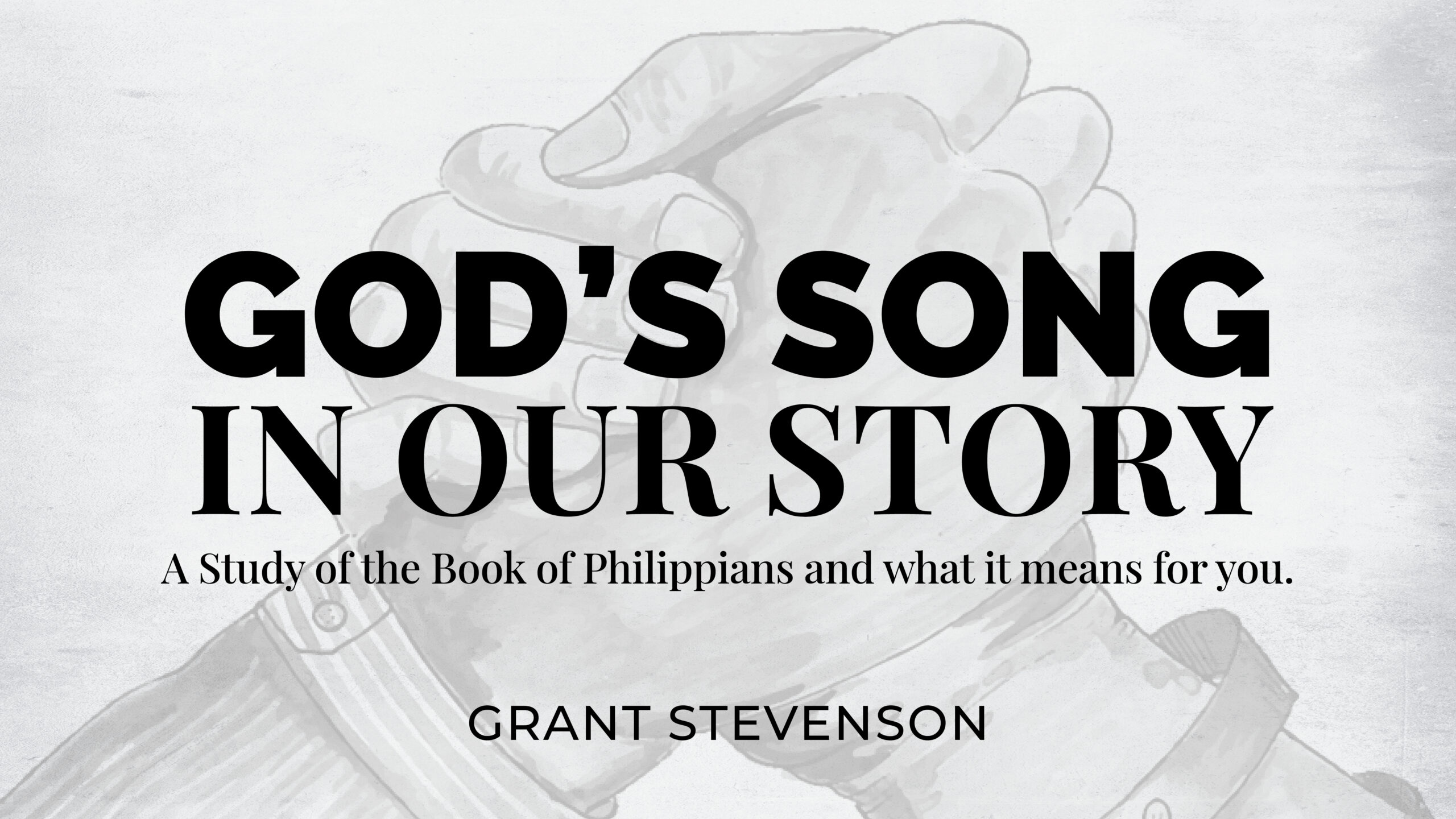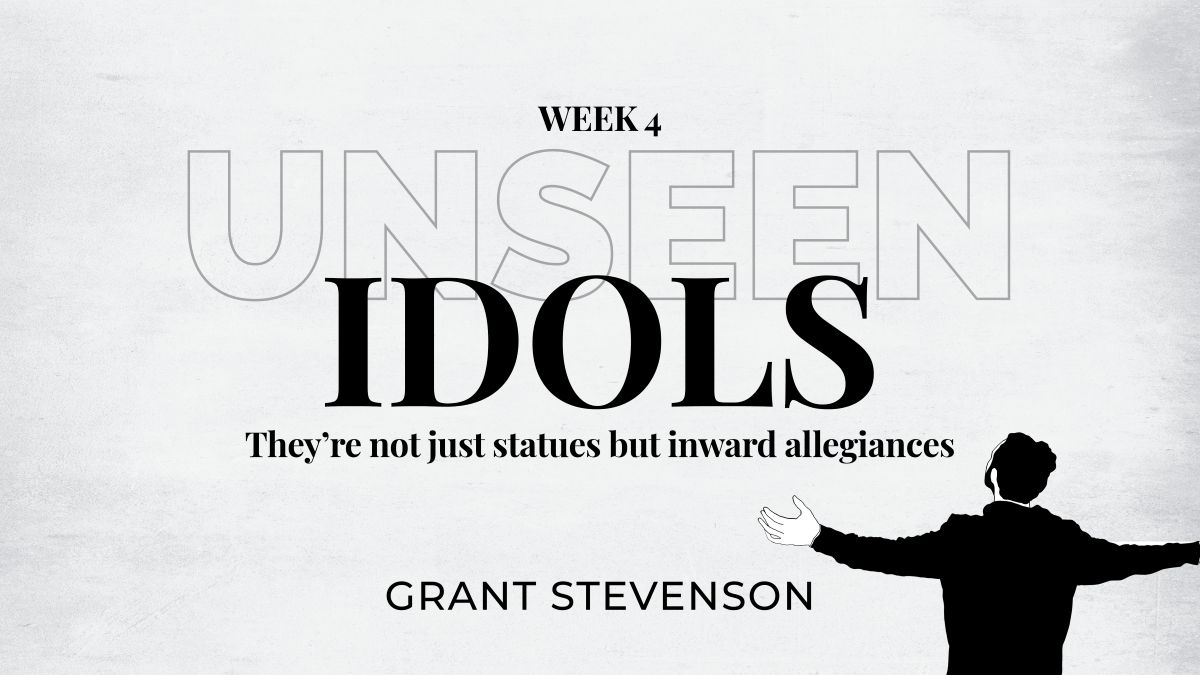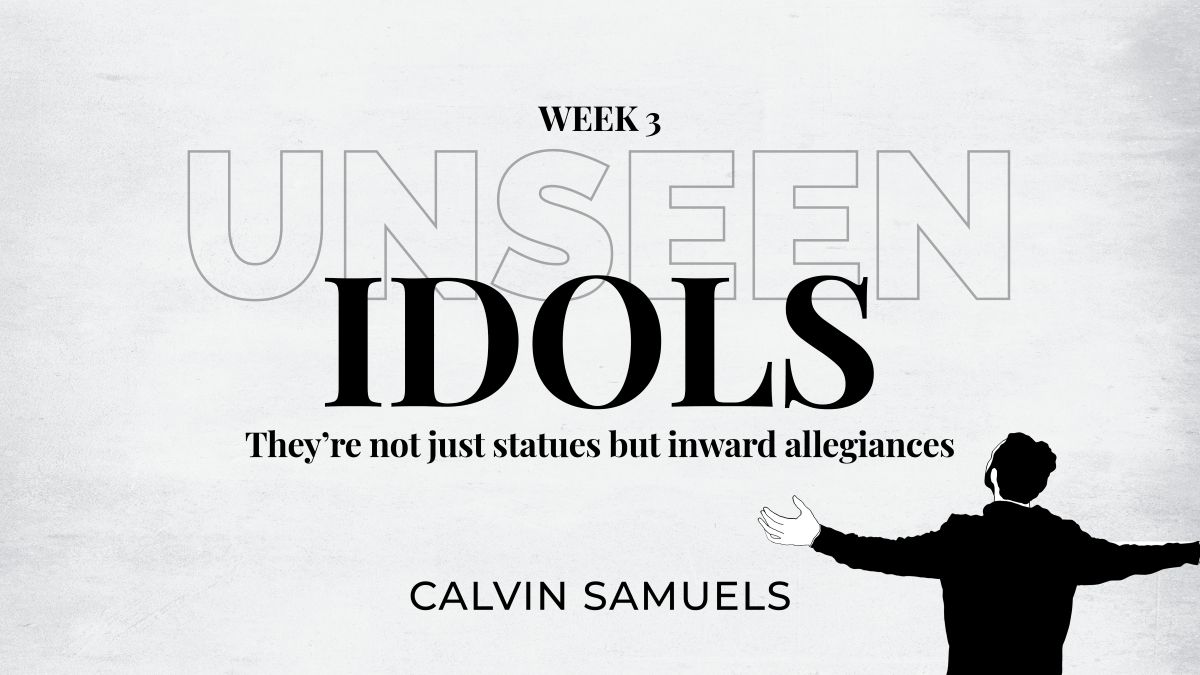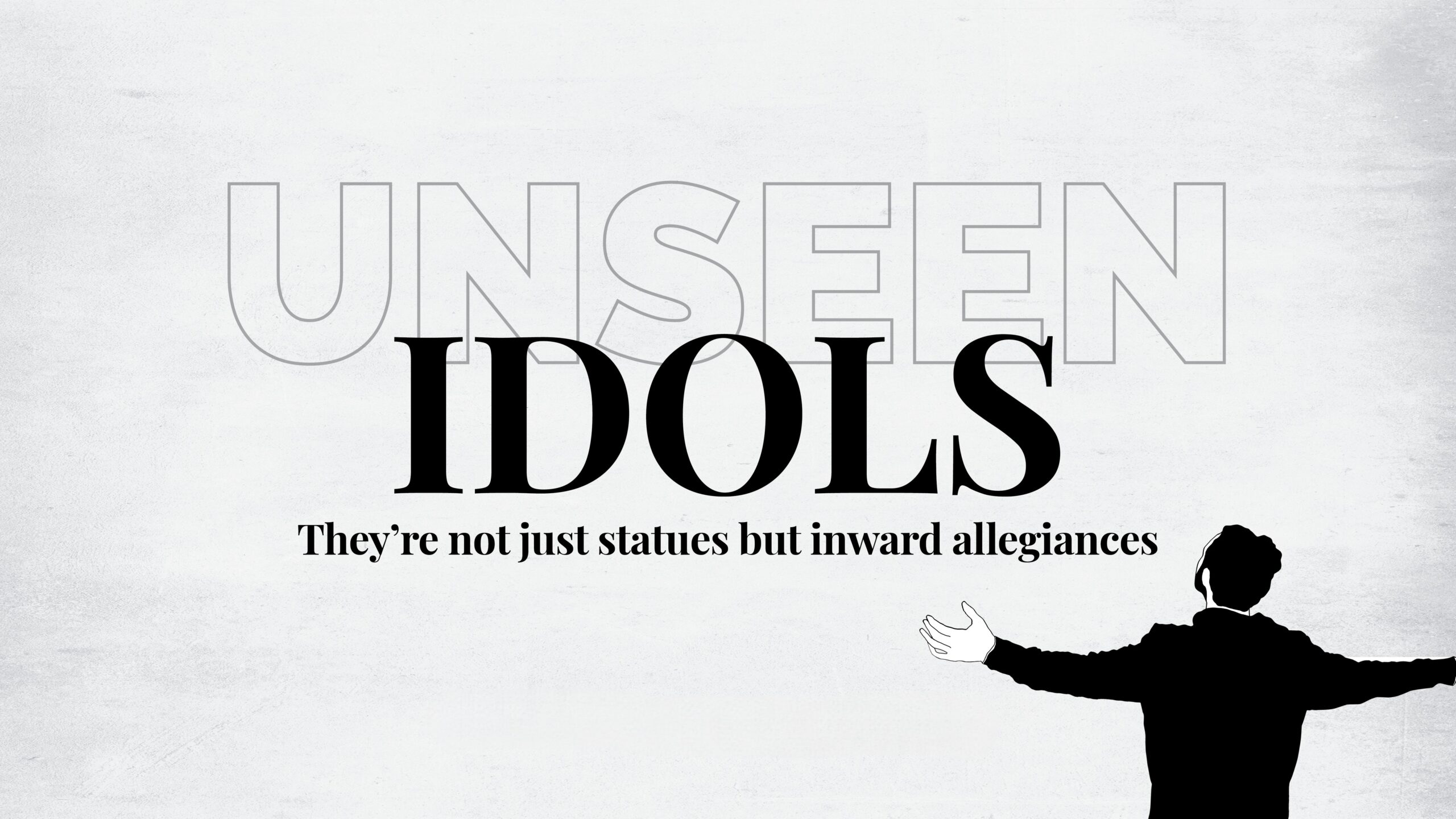This study explores the book of Philippians. The core theme is that living as a Christian means seeing one’s story as a living expression of Jesus’ story. Understanding the founding of the Philippian church is crucial to grasping the letter’s depth.
Paul wrote to the church in Philippi, a community founded during his second missionary journey. The key events are recorded in the book of Acts:
- A Vision in Macedonia: Paul and his partner Silas traveled to Philippi, a Roman colony in Macedonia, after Paul received a “Macedonian vision.”
- A Meeting by the River: Due to the lack of a synagogue, Paul and Silas met with a group by a river. Lydia, a wealthy merchant, responded to the gospel, was baptized with her household, and hosted the church’s first meetings.
- Conflict and Conversion: Opposition arose after Paul cast a spirit out of a fortune-telling slave girl. Her owners had Paul and Silas beaten and imprisoned. An earthquake freed them, leading to the conversion and baptism of the jailer and his family.
This dramatic origin created a strong, personal bond between Paul and the Philippian church.
Paul wrote to the Philippians from a prison cell to provide pastoral guidance addressing specific community challenges:
- External Pressure: The church faced persecution under Roman rule.
- Internal Disunity: Disagreements and disunity were emerging within the community.
- False Teachings: Members were being swayed by legalistic teachings that distorted the gospel.
Paul’s central purpose was to invite the community to participate in Jesus’ story by living lives shaped by the cross in joy, humility, and service. He presents the “Christ Hymn” as the theological lens for this invitation.
The theological core of Philippians is the “Christ Hymn” (Philippians 2:5-11). This passage poetically describes Jesus’ full story: His humility in becoming human, His suffering on the cross, and His ultimate glory and exaltation.
The theologian Tim Mackie of the Bible Project notes that Paul structures the entire letter around this hymn. The letter’s segments elaborate on key ideas from the song to show how Christian life is a lived expression of Jesus’ story.
The hymn is the “song,” and the rest of the letter is the demonstration of how to live it out, beginning with Paul’s own example from prison.
Writing from prison, Paul’s tone is joyful and encouraging. He uses his suffering as a demonstration of the letter’s central message, modeling two key truths:
Paul’s first lesson is that true faith sees God at work even in apparent defeats. He states that his imprisonment “has actually served to advance the gospel.” This conviction aligns with the pattern of Jesus’ life:
“through suffering to glory, through crucifixion to resurrection” (N.T. Wright).
The text uses two illustrations of this principle:
- The Disciples on the Road to Emmaus: The disciples’ focus on Jesus’ crucifixion (defeat) prevented them from recognizing the risen Christ (victory).
- Inattentional Blindness: A psychological phenomenon where focus on one thing (e.g., problems) prevents seeing something fully visible (e.g., God’s work).
Paul’s secure faith led to the statement: For to me, to live is Christ and to die is gain.
Service is Sacrificial Worship
Paul’s second lesson models the self-emptying love of the Christ Hymn, where Jesus “made himself nothing by taking the very nature of a servant.” Paul redefines sacrifice by revealing his desire to be with Christ (“better by far”), but choosing to remain because it is more necessary for the Philippians.
As Tim Mackie states,
“Dying for Jesus is not the real sacrifice for Paul, it’s staying alive to serve others.”
Paul’s enduring suffering to serve the church was his highest form of sacrificial worship, echoing the Christ Hymn.
Reflect
Now that we’ve explored these powerful themes, let’s take some time to reflect on what they mean for our own lives and discuss our thoughts together. Consider the following questions and feel free to share openly with the group.
- The church in Philippi began in unexpected ways with unexpected people like Lydia and the jailer. Where have you seen God work through unexpected people or situations in your own life?
- Paul’s central message is that our story can be “a living expression of Jesus’ story.” What does this idea mean to you in a practical, day-to-day sense?
- Paul was able to express gratitude and encourage others even while imprisoned. When you face difficult circumstances, what helps you shift your focus away from the problem and toward God and others?
- Reflecting on the idea of “inattentional blindness,” what victories or works of God might you be missing because your attention is focused on an apparent defeat or struggle in your life?
- Paul saw staying alive to serve others as his greatest sacrifice. What is one opportunity you have this week to “sacrificially worship God through service to others,” even in a small way?
Closing Prayer
Father, we thank you for the story of the Philippian church and for the enduring wisdom in Paul’s letter. Help us to have faith that sees Your hand at work, not just in our victories, but even in our struggles. Give us eyes to see beyond our circumstances and hearts that are willing to serve others sacrificially. May our lives become a living expression of Jesus’ story, for Your glory. Amen.
Watch the sermon on YouTube





